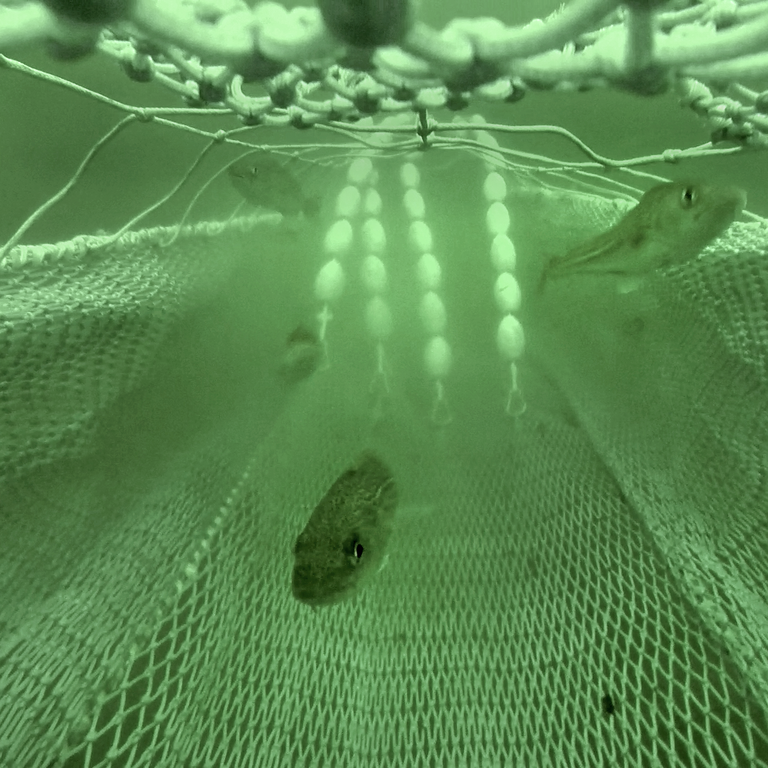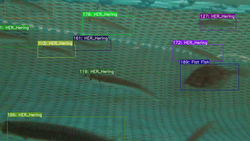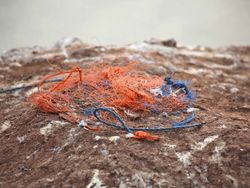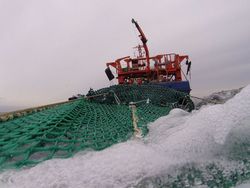The Fisheries and Survey Technology working group at the Thünen Institute of Baltic Sea Fisheries develops solutions for sustainable fishing. We focus on various topics, such as bycatch avoidance, marine litter from fishery sources, energy consumption and environmental impacts.
Fishing has the potential to make a significant contribution to feeding the world, as it largely utilises very productive fish stocks. However, the basis for this is an ecological and economical sustainable fishery that uses biological resources, energy and the marine environment responsibly. Technical innovations play a key role here.
Accordingly, the fishery faces a wide range of challenges. Innovative research is crucial in order to tackle these various issues effectively. For this reason, the Fisheries and Survey Technology working group at the Thünen Institute of Baltic Sea Fisheries is developing innovative technical solutions for various topics.

![[Translate to English:] [Translate to English:]](/media/_processed_/d/7/csm_Startseite-OF_03_c0dfd6e750.png)
![[Translate to English:] [Translate to English:]](/media/_processed_/a/3/csm_20181116-151457-Stella-Jerome-Fischfalle-Warnem%C3%BCnde-Dorsche-im-Netzk%C3%A4fig-5691_heller_3050c72fa2.png)

![[Translate to English:] Reduction of unwanted bycatch](/media/_processed_/6/4/csm_STIPED-03_c7b1801398.png)


![[Translate to English:] Krabbenkutter im Hafen Energy efficiency](/media/_processed_/3/7/csm_20120614_SD33_Krabbenfang_1067_a9384b6afe.jpg)





